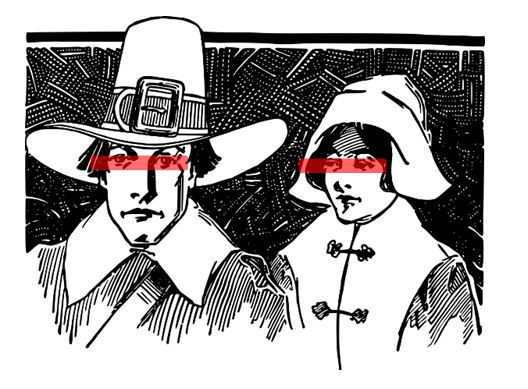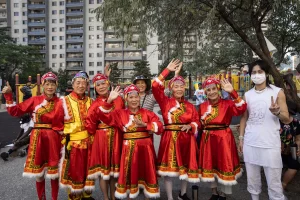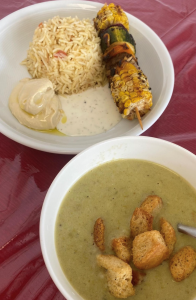As Thanksgiving approaches, those who are not familiar with Canadian history may wonder what the holiday entails, besides bank closures and the typical imagery of a shared turkey roast with the whole family.
American Thanksgiving, which occurs a full month and a week after its Canadian counterpart, is cited as a commemoration of the landing on Plymouth Rock and the mythical sharing of a meal between Pilgrims and Wampanoag peoples; the “first” Thanksgiving. In truth, that story alone is inaccurate and does not illustrate correctly the more violent history between settlers and the Indigenous people upon whose land they wandered onto.
On the other hand, the reason why Canadian thanksgiving is celebrated is rather unclear. There is no historical equivalent of the “first thanksgiving,” save for a few instances of the simple act of sharing food between textbook historical figures, and the Indigenous people whose land they occupied. Instead, justification for the holiday may be tied to Indigenous practices of giving thanks during all of their ceremonies.
Unfortunately, what the simple American myth of sharing of food between coloniser and Indigenous peoples fails to include is the rest of the story. How in the following period the relationships between the British Pilgrims and the Wampanoag deteriorated quickly and that many of the indigenous people within the region died due to plagues brought on by European contact. These stories of a sharing of a meal overlook the violence and displacement endured by Indigenous people and their ancestral land: a violent act of colonialism that continues to this day. For example, the Wet’suwet’en peoples fight on their sovereign land to protect it from coastal pipelines being constructed. Pretending that the relationship between settlers and the Indigenous community can be summed up in a simple Thanksgiving meal story is contrary to history and denies the acknowledgement of generational and ongoing suffering within the Indigenous community.
From such a complicated history of relations between settlers and the Indigenous people, we come to today, where the holiday is overshadowed completely by values of family gathering and the sharing a meal. The question is: can we celebrate such an event when the historical context behind the Canadian Thanksgiving marks a painful chapter in Indigenous history? That is a decision that individuals and families must make as the holiday fast approaches. We may individually have much to be thankful for, but is it worth doing so on a holiday that is a painful reminder of the past and ongoing suffering of the indigenous community? Divorcing the holiday from its historical context may also be just as harmful, as it is then purposefully ignoring the pain that Indigenous folks have endured and continue to endure as a result of settlers colonising their land.
If you do choose to celebrate Thanksgiving, perhaps doing a land acknowledgement before festivities start would be an important way to acknowledge the many Indigenous people whose land we occupy. Acknowledging that many of the traditional meals that are eaten at Thanksgiving, such as turkey, corn, and squash, are traditional foods indigenous to this land.



